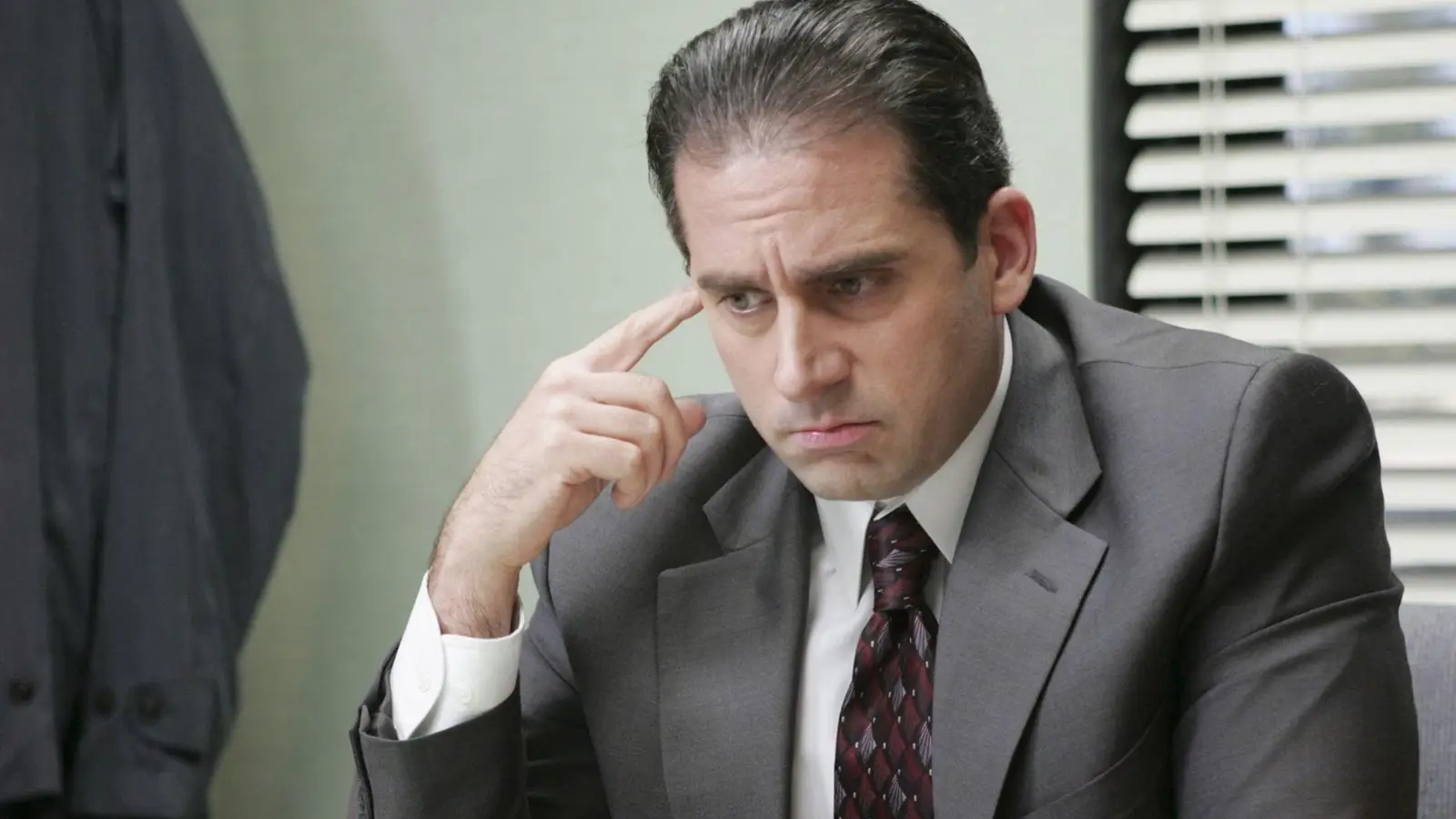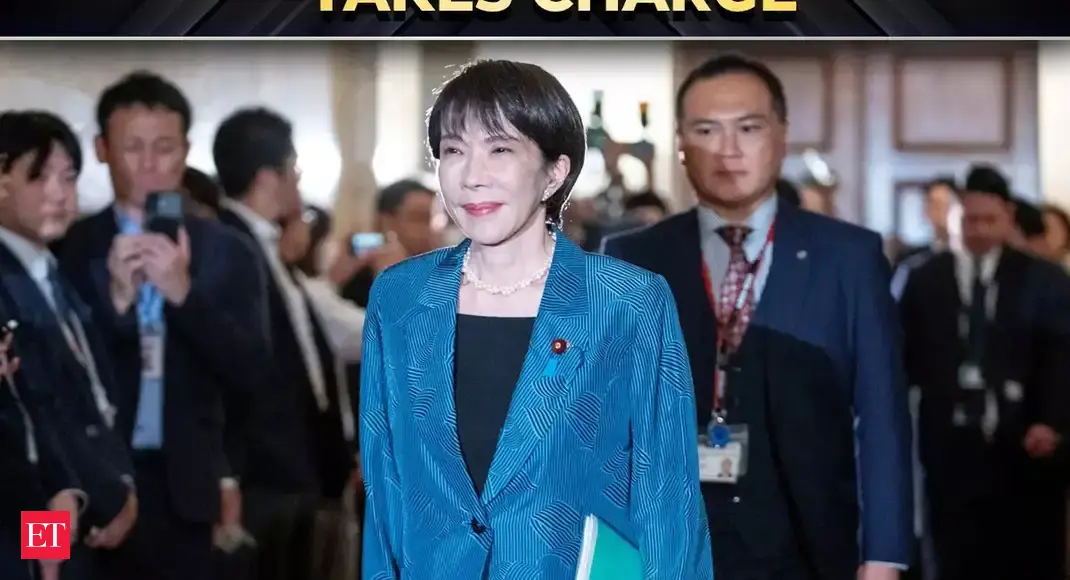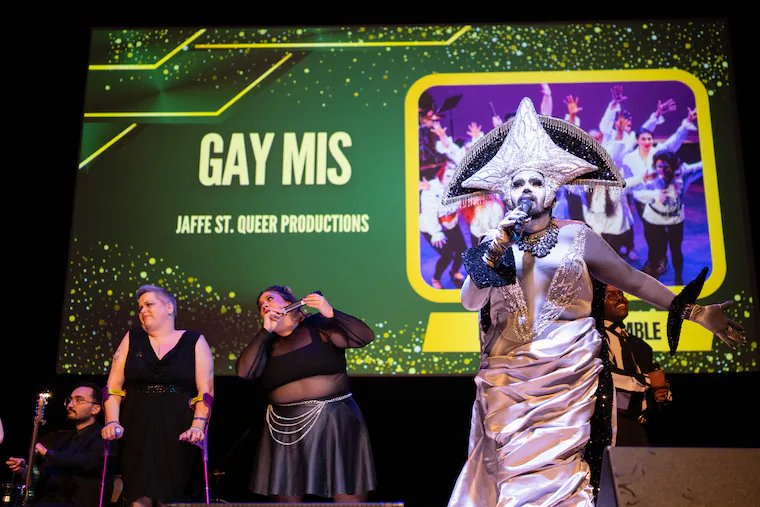Copyright Screen Rant

The anticipation for the Australian version of The Office was enormous when it was first announced. Fans were eager to see how the classic mockumentary format would translate Down Under. With a stellar cast led by Felicity Ward, the series seemed poised to capture both the spirit of the original and Australia’s unique sense of humor. However, despite the excitement, The Office Australia was officially canceled in October 2025 (via Collider), just one year after its first season arrived on Amazon Prime. Sadly, both critics and audiences agreed that the Australian version of The Office didn’t live up to its predecessors. The UK original and US versions of The Office set an almost impossible bar to clear. While the show aimed high with clever writing and relevant themes, its execution felt uneven. It never found the same balance of cringe and charm that made Ricky Gervais and Steve Carell’s takes so iconic. The cancellation ultimately came down to tepid reactions to the Australian version of The Office from both viewers and critics. When you dig deeper, it becomes clear why this particular branch failed to flourish. The issue wasn’t with the format or the cast - it was with the management. The Manager In The Australian Office Is The Worst Parts Of Michael Scott And David Brent Hannah Howard Takes The Worst Traits Of Previous Office Bosses At the heart of the Australian version of The Office is Hannah Howard (Felicity Ward), the show’s managing director of the Flinley Craddick Sydney branch, and the face of its downfall. Every version of The Office lives or dies by its boss, and Hannah is a fascinating but flawed creation. She’s clearly inspired by Michael Scott (Steve Carell) and David Brent (Ricky Gervais), but rather than capturing their best traits, she amplifies their worst ones. Michael’s charm came from his earnestness. His desperate need to be loved made his idiocy endearing. David Brent, on the other hand, was almost entirely self-serving, his humor laced with venom and insecurity. Hannah Howard is an awkward middle ground of the two. She’s self-serving, like Brent, but without the sharp wit. She’s also foolish like Michael, but without the heart. The result is a manager who feels more exhausting than entertaining. She’s too mean to root for but too clueless to revel in her downfall. This is where the Australian version of The Office stumbles hardest. The best versions of The Office have a manager whose foolishness is offset by genuine humanity. It’s not that the writers didn’t try. They gave Hannah moments of vulnerability, especially in her awkward attempts to connect with her team, including the surprisingly empathetic Lizzie (Edith Poor). Unfortunately, these moments often felt forced, coming too late or too shallowly to land. Without that core emotional connection, the humor falls flat - and a show like The Office can’t survive without a heart. Hannah Howard Couldn’t Carry The Office Australia Long-Term Felicity Ward Gives A Fantastic Performance, But Hannah Howard Wasn’t A Strong Enough Character To Anchor The Show Beyond Season 1 To Felicity Ward’s credit, she absolutely perfected Hannah Howard. Her performance in the Australian version of The Office is committed, nuanced, and full of energy. Ward captures the desperation of a boss trying to hold her crumbling authority together, and her comic timing is sharp. The problem is that Hannah herself wasn’t built to carry the weight of an entire series. Every version of The Office hinges on its manager. When Michael Scott left the US show, it struggled to find its footing. The Office Australia faced the same issue from the start. Its boss wasn’t the glue holding things together, but the wedge keeping everyone apart. While Michael’s employees loved him in spite of themselves, Hannah’s employees simply tolerated her. Characters like Lizzie tried to see the good in her, but most of the team just rolled their eyes and moved on. The office’s comedic rhythm never clicked because there was no emotional friction. No one cared enough to clash with Hannah. The result was a workplace full of mild exasperation instead of chaotic chemistry. That lack of dynamic tension drained the show’s energy. In the US version, Michael’s absurd antics often sparked hilarious (and sometimes heartfelt) reactions that gave the mockumentary its warmth. In the Australian version of The Office, Hannah was more of an obstacle than a character, someone the show revolved around but never really engaged with. Ward’s performance deserved a stronger foundation. She had the comedic skills to make Hannah iconic, but the writing boxed her in. Even when the show tried to explore her loneliness or insecurity, it never let her grow. By the time the finale aired, it felt like watching a character circle the same punchline for eight episodes straight. In a different version of The Office Australia, Hannah might have evolved the way Michael did, from intolerable to oddly lovable. Instead, she remained stuck in neutral, and a show that can’t evolve its heart inevitably runs out of fuel. The 2024 Office Remake Misfired, But It Could Have Worked The Australian Version Of The Office Had Flashes Of Brilliance That Hinted It Could Have Recovered With A Stronger Season 2 Despite its flaws, the Australian version of The Office wasn’t a total failure, and nobody was expecting it to match the best episodes of The Office US. It had genuine sparks of brilliance, a few moments that captured the sharp satire of corporate life in a uniquely Australian way. The setup had promise: a lonely manager lying about remote work policies, office politics clashing with modern workplace expectations, and a nuanced take on gender in leadership. These were fresh ideas that could’ve set The Office Australia apart. Unlike its predecessors, it had a chance to explore themes of isolation and control in the digital age. The idea that Hannah banned remote work because she couldn’t bear being alone was tragic and funny, a perfect Office-style contradiction. However, it was never pushed far enough. If renewed for season 2, the writers could have reshaped Hannah the way the US team did with Michael after his rough first season. Over time, Michael grew into a lovable goof rather than a grating boss. Hannah could have followed the same path, becoming more self-aware and relatable. Instead, her flaws were static, and the show lost the opportunity to build emotional depth. Still, the Australian version of The Office had plenty going for it. Its ensemble cast had chemistry, the writing occasionally landed great laughs, and the modern context gave it something distinct. Even many critics who disliked the show admitted it had potential. Unfortunately, with its cancellation, that potential will remain unrealized.



